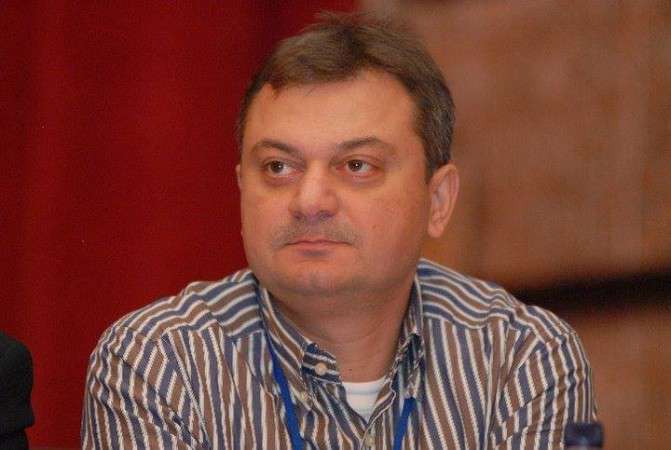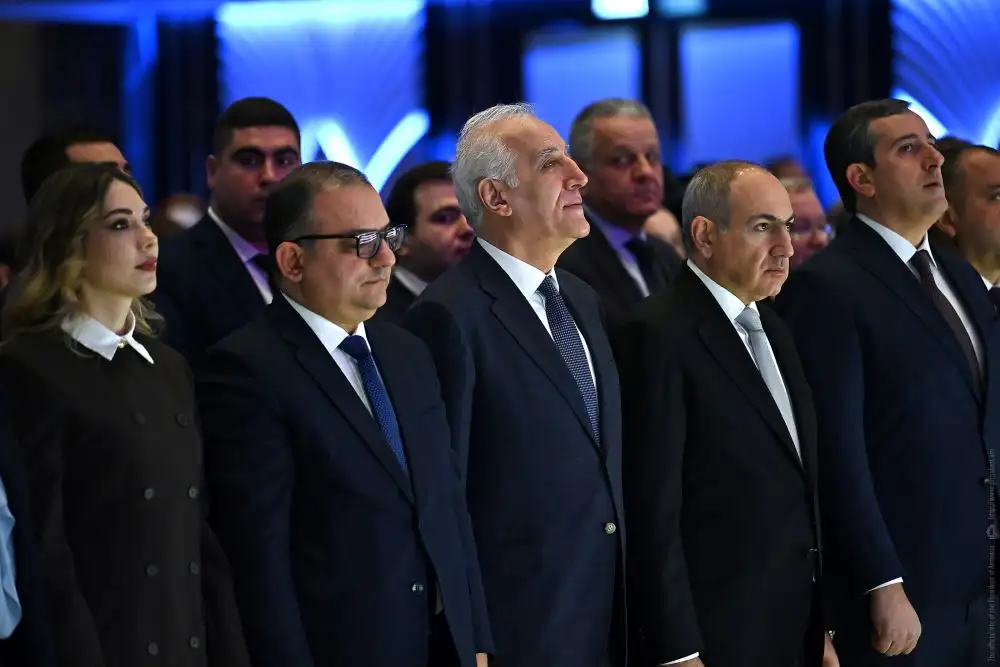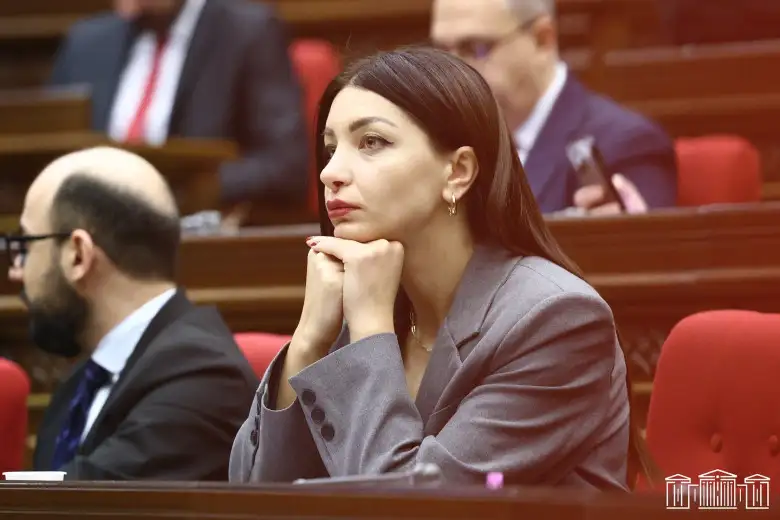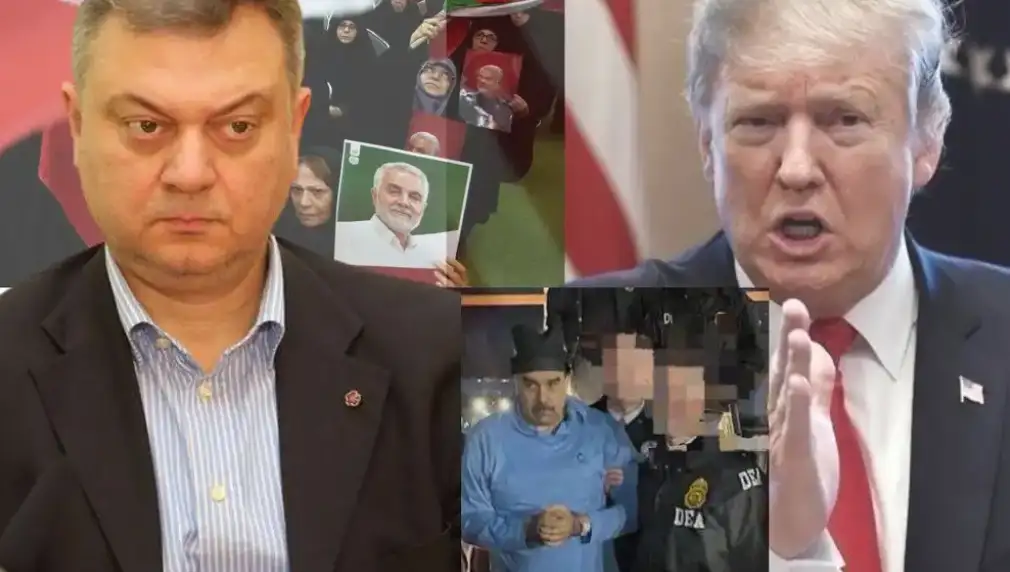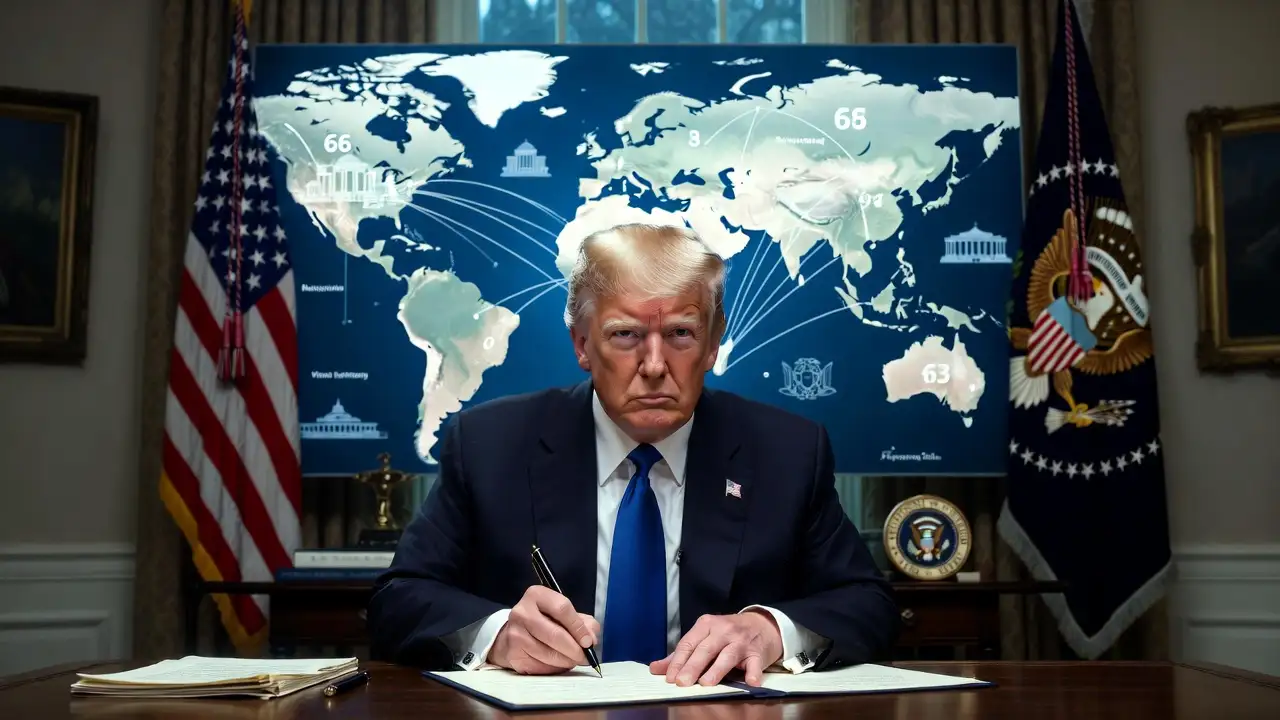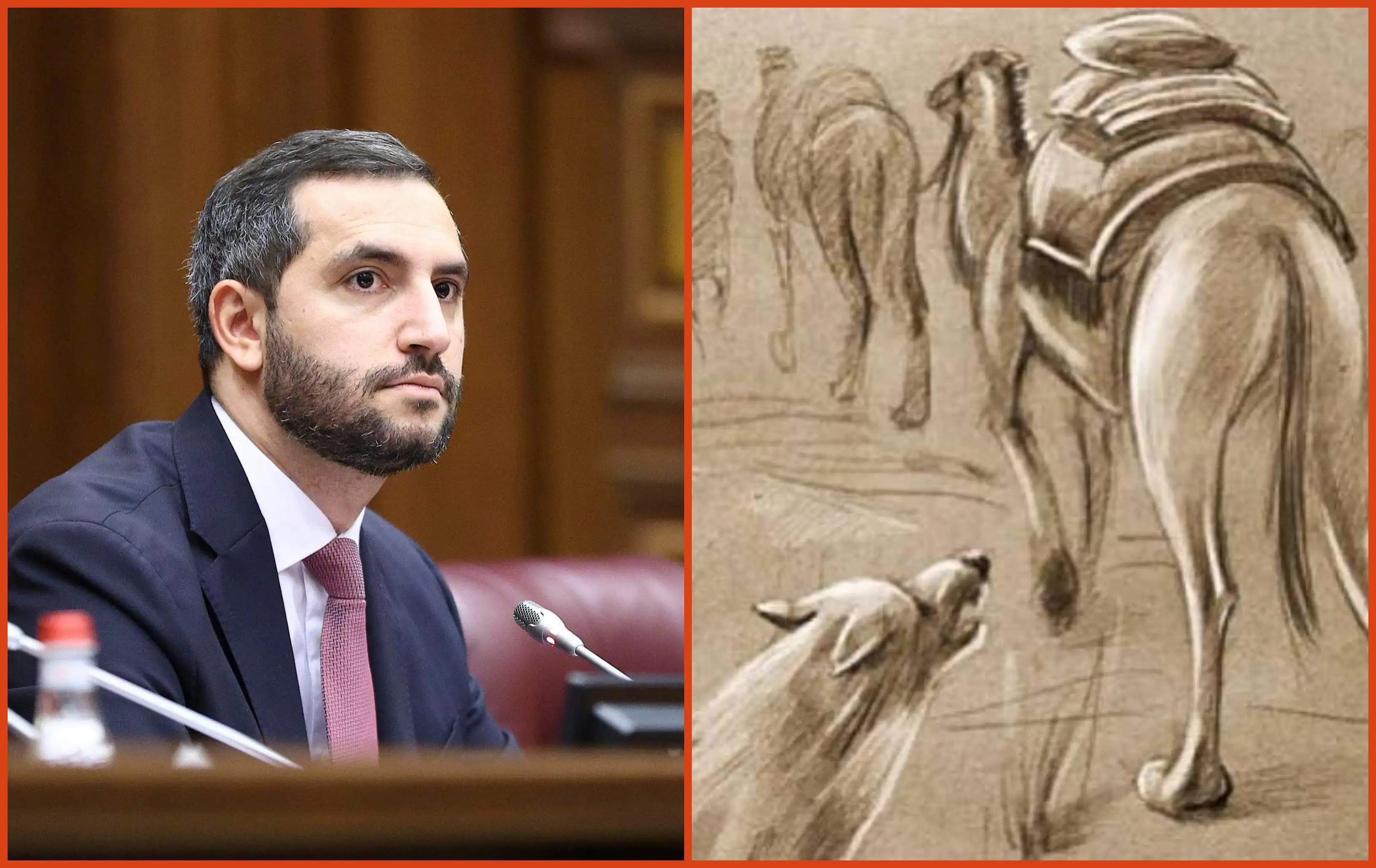The interlocutor of Radar Armenia is Shahan Gantaharyan, an international expert, analyst, and editor-in-chief of "The Azdak" newspaper.
- On August 30, the meetings of the Deputy Prime Ministers of Armenia and Azerbaijan took place in Moscow, and a day later, Pashinyan-Aliev-Michel met in Brussels. What are the expectations?
- The meetings in Moscow and Brussels, just one day apart, suggest that the mediating competition continues in a short form. Moscow's harsh reaction to Brussels' initiatives is proof of this. The negotiation field is foggy. On the one hand, Washington alludes to the necessity of restarting the co-chair format of the OSCE Minsk Group; on the other hand, Moscow talks about the exhaustion of that format and the ineffectiveness of Brussels. Meanwhile, Brussels is active in the direction of creating a new mediation format in parallel with Moscow. Ankara, which has become an indirect mediator by agreeing directly with Moscow on these agendas, is pushing forward the 3+3 to introduce its role in solving the problems. The Armenia-Azerbaijan problem-solving negotiations and the Ankara-Yerevan dialogue process are endlessly interconnected.
I think the Armenian side's negotiation strategy should separate the preparatory negotiations for peace between Armenia and Azerbaijan from the settlement plan of the Artsakh conflict. The Turkish-Azerbaijani alliance manages to move the talks to the Armenia-Azerbaijan level instead of the Artsakh conflict and bypass the Artsakh issue altogether.
Artsakh is the essential hub of the Armenia-Azerbaijan conflict. So we must first return to the negotiations on the settlement of the Artsakh conflict. Here we should notice a general approach between the Armenian side and the leading players. Moscow, Washington, and Paris declare that the status issue has not yet been resolved.
The convergence of approaches is an opportunity to turn the issue of Artsakh's status and the right to self-determination into a priority agenda. Suppose the representatives of Stepanakert negotiate and participate in implementing the plans to close the Berdzor corridor and open a new route. In that case, it implies the recognition of the Artsakh side. This can be considered a prerequisite for Stepanakert's phased return to the negotiating table.
Moving on to establishing peace between Armenia and Azerbaijan without settling the Artsakh problem means following the rules of the Turkish-Azerbaijani game.
The strategy of Armenian diplomacy should be to change the rules of the game and turn the resolution of the Artsakh conflict into a priority agenda.
- In the context of the Brussels meeting, the spokesperson of the Russian Foreign Ministry, Maria Zakharova, stated that geopolitical ambitions determine the activity of the EU in the South Caucasus. They are false initiatives more like usurping the laurels of mediation." What are Russia's fears?
- It is clear that Moscow perceives Brussels' initiatives as an attempt to penetrate its military-political domain. The difference is that these initiatives are vehemently opposed after the war in Ukraine and Western sanctions. There was simply a change in response style.
I think the most critical part of Zakharova's response is the following: "Geopolitical ambitions determine the activity of the EU in the South Caucasus." This speaks of the process of politicization of our problems, in which the major powers in the region were involved. This in itself implies a particular danger of turbulence. The fact that there is a geopolitical competition going on in our territories, at the same time, let's also take into account the fact that there is no geopolitical consensus in terms of resolution, which means temporary maintenance of the status quo.
We will face geopolitical turbulences. Our task is to measure the interests of the states involved correctly and to adopt outgoing diplomacy.
Hayk Magoyan




